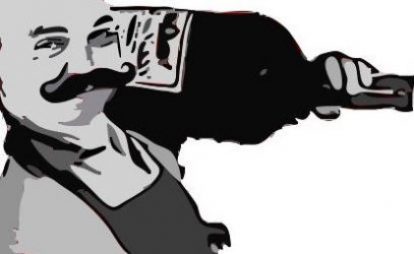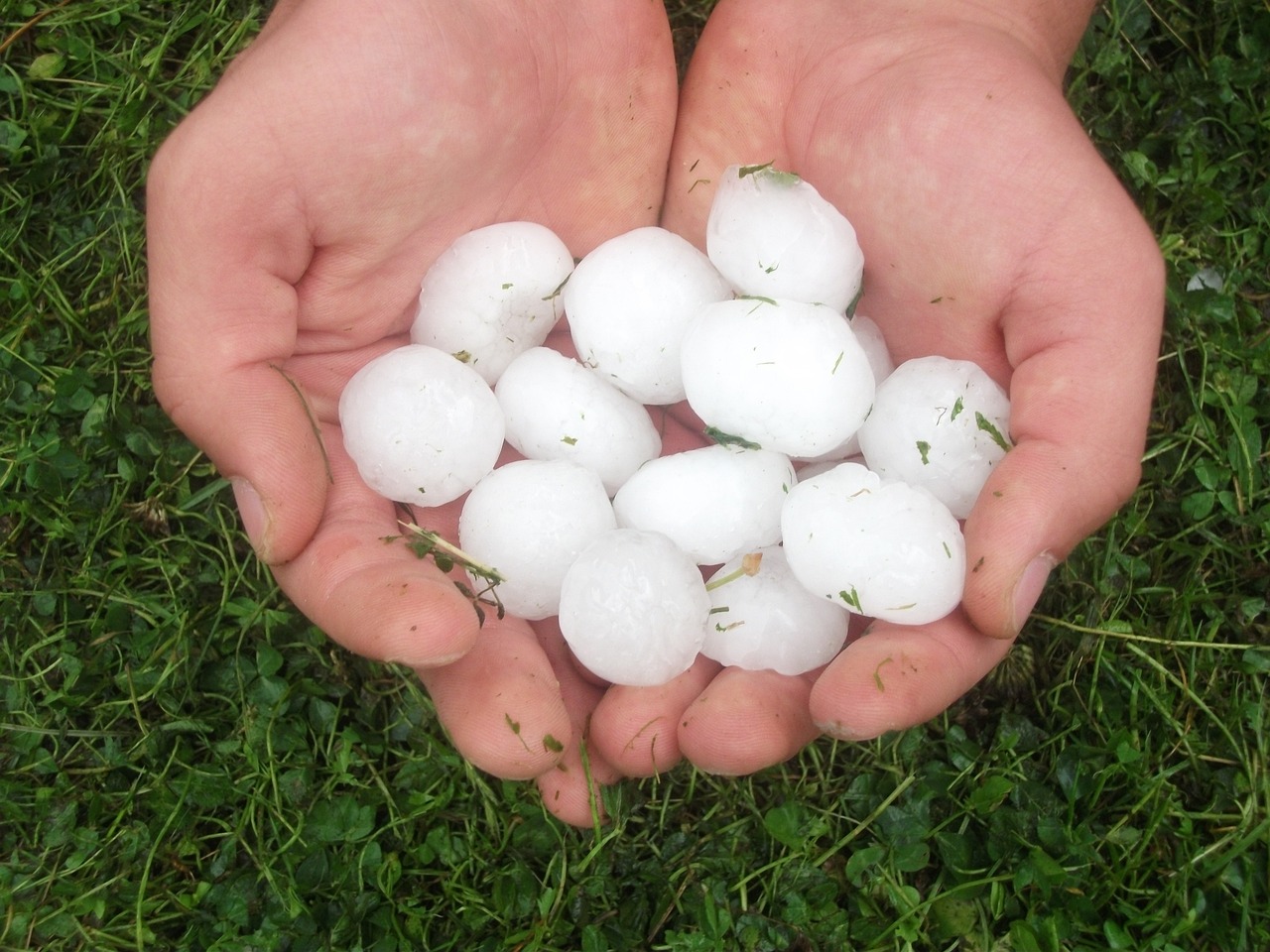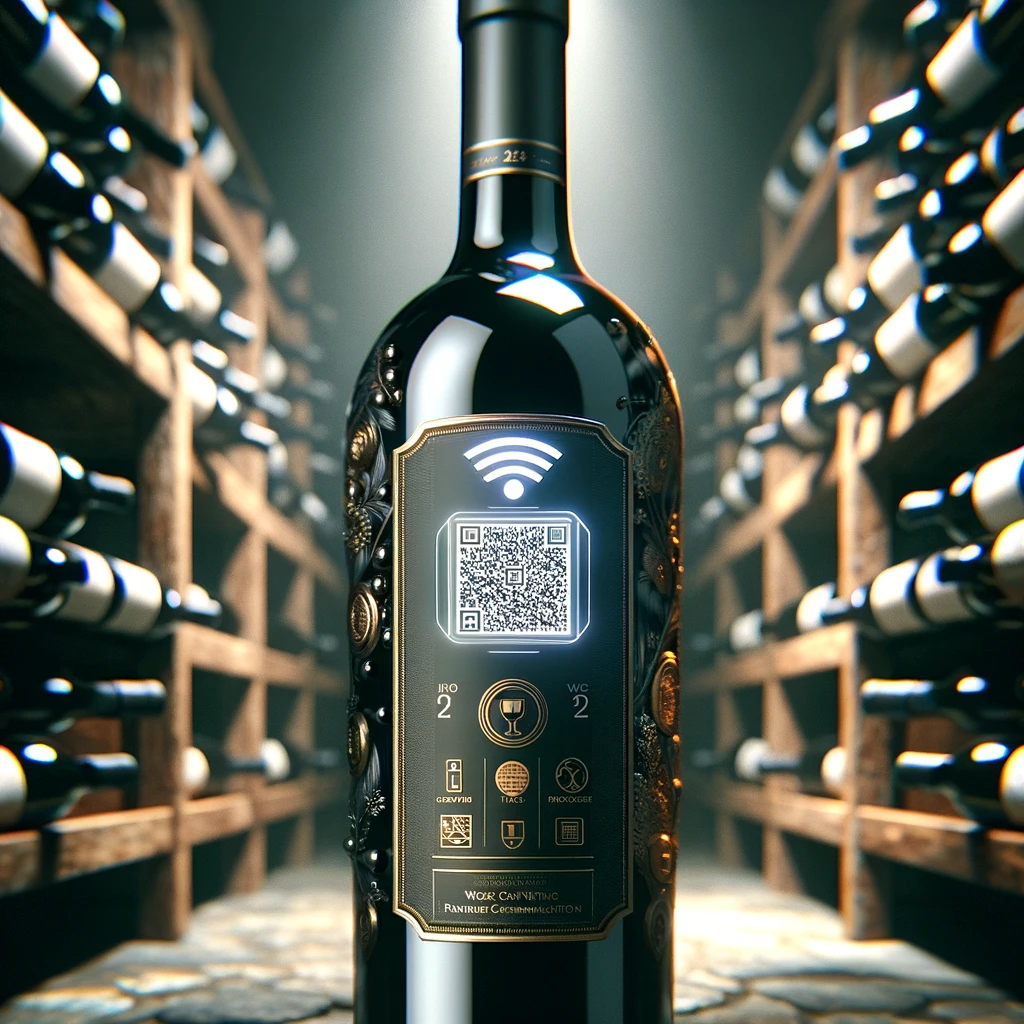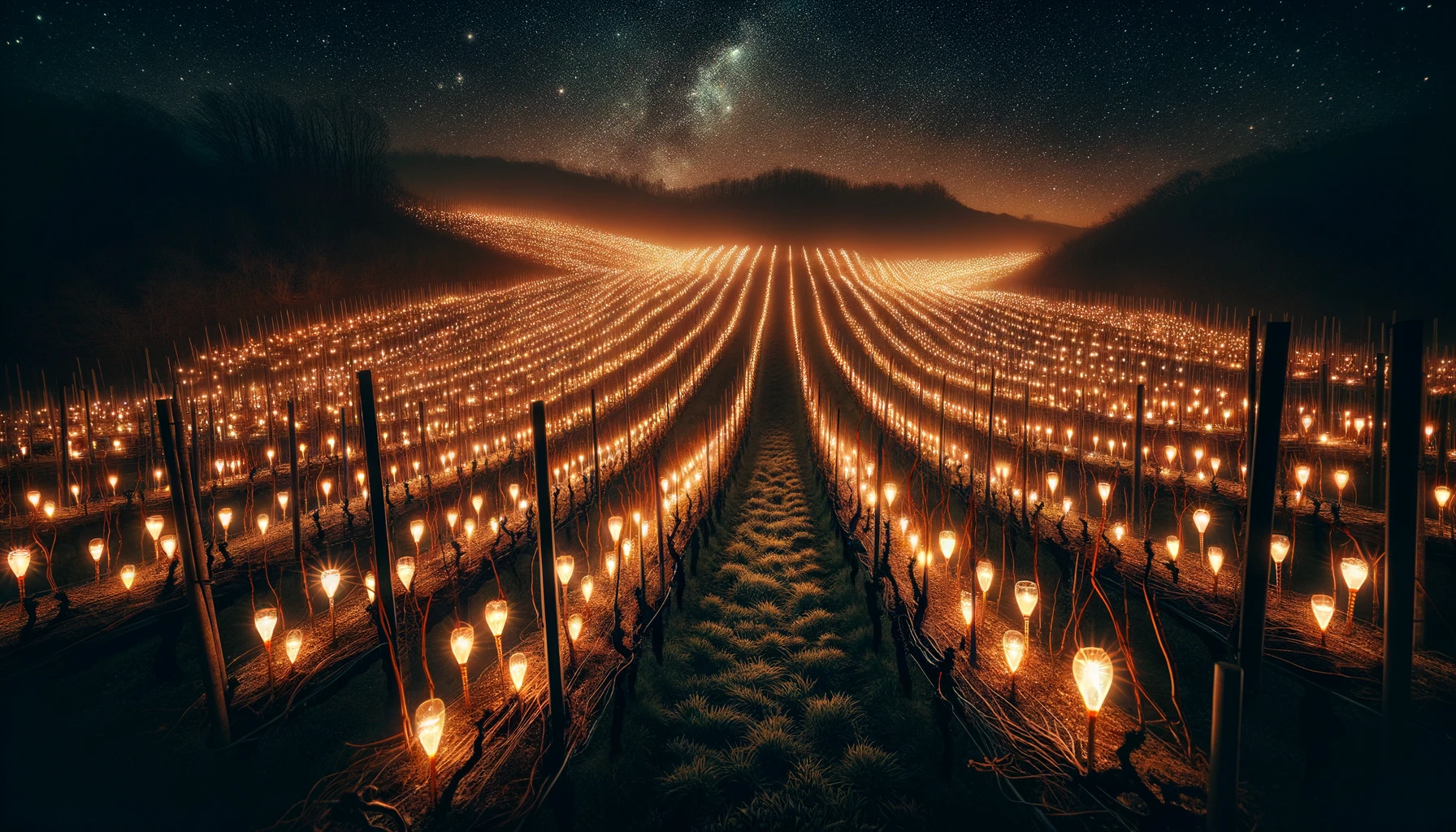The French Champagne industry is up in arms, Australia and Germany present the latest numbers, an unhappy Member of the European Parliament and more news – as always in the latest JollyCellarMaster weekly – fresh off the grapevine:
Champagne’s legal battles and big numbers
Taking sides
Vladimir Putin isn’t necessarily the most liked guy outside Russia, but now he even antagonised the producers of champaign. Well, too be fair, I don’t know how big is hand was in this one, but he signed a new law last week that requires all foreign sparkling wine bottles to carry a reference that describes it as such on the back label though it cannot use the Russian term “shampanskoye”. It’s an interesting one since the French Champagne industry is very protective of its designation and you might say quite rightly so, but is now forced to comply with the new law and fear that “this legislation does not ensure that Russian consumers have clear and transparent information about the origins and characteristics of wine,” as a statement of the French industry body read.
It called on its members to halt all shipments to Russia for the time being, but champagne heavyweight group Moet Hennessy, the company behind Moet & Chandon, Veuve Cliquot and Dom Perignon has swiftly declared that it has “always respected the legislation in force wherever they operate, and will resume deliveries as quickly as possible once these adjustments are made“.
Champagne has been at the centre of many disputes about its protected geographical indication, but other products like French Cognac (named after French commune of Cognac) have seen similar tussles with the later to be stopped from using the word ‘Cognac’ on their labels in Russia following a seven-year transition period – and the only ‘Cognac’ on sale in the country will then be Russian. So, who’d you sidie with on this one?
The Big Grape Crush
Australia wine industry has reported a record year for its latest vintage: Wine grape growers harvested a 2.03 million tonne crop this year, which is the largest on record and beats 2020 by 31% and is 19% above the numbers from 2019.
While it is hailed as great news given not only the amount but also the exceptional quality of the vintage, the question remains who this wine will be sold to as the trade dispute with China goes on, which has imposed tariffs of up to 218% on Australia wine that has all but stifled exports to one of the country’s most important markets with a 96% drop year-on-year.
Other regions have good news to report, too. Germany reports that wine production has now reached all of its Länder (federal regions). The country’s Federal Statistical Office announced that the area under vines increased by 994 hectares, or 1.0%, compared with 2009. The data come from the basic survey of areas under vines, which was last conducted in 2009 and 2015. The year of 2020 is special in that 19 hectares of area under vines were recorded for the first time in Niedersachsen. This means that now wine is grown in all Länder (except the city states). The largest area under vines is recorded for Rheinland-Pfalz (64,524 hectares), the smallest in Mecklenburg-Vorpommern (6 hectares). In terms of the names of the classic wine regions, Rheinhessen keeps its top spot with almost 27,000 hectares under vine, followed by Pfalz (23,467 ha) and Baden (15,836). Other trend discovered as part of the exercise is a move towards old vines that are better protected against dry periods, which in terms of surface are up by 11.5% compared to 2015, while the spread of internationally important vine varieties continues to increase: white Burgundy varieties such as Pinot Gris and Pinot Blanc have seen increases of 62.9% and 50.3% respectively at the cost of Müller-Thurgau, Silvaner and Kerner, which all have seen double digit drops with the latter even losing 37% within the last 11 years. On the red side of wine, Blauer Portugieser and Scharzriesling are the big losers with a minus of 395 and 21.5% respectively. The other side of the medal saw Merlot increase since 2009 by 68.4% to 790 ha and Cabernet Sauvignon by 52.2% to 449 ha, which could have something to do with climate change and rising temperatures, I’d assume.
Unhappy Politicians
Only last week we talked about the Common Agricultural Policy (CAP) and how it will require producers have to list the amount of calories on wine labels by the end of next year, remember? Well, if not just go back and read up. This week though we look at another aspects of the reform as French MEP Eric Andrieu expressed disappointment about the lack of communications between the two EU lawmakers that led to an unsatisfactory environmental part. In an interview with Euractiv, he explains his views on various elements of the reforms such the vine planting authorisation regime until 2045, new crisis-management rules, tolerated pesticide residue limits in imports and more.
The big headlines though drew his statement that he had “discovered something quite phenomenal in these trilogues, which is that we do not listen to each other“. I suppose that doesn’t surprise the rest of us so much, but simply confirms the idea we have of what’s going on between Brussels and Strasbourg.
Slow Food = Slow Wine?
And lastly, we close this edition with the news of the foundation of the Slow Wine Coalition. It is supposed to be “a global network that unites all those active in the wine industry in order to bring about a revolution in wine driven by environmental sustainability, protection of the landscape and rural social and cultural growth“ and wants nothing less than good, clean and fair wine as set out in its manifesto. Ambitious plans, it sounds, but the good news is that there is also going to be a Slow Wine Fair next year in Bologna, which hopefully is going to be another opportunity to get together with like-minded people and taste good wine. At least, that’s what I hope for.
—
And that’s it for this week, but if you have an interesting story, connect on Twitter and if you want to stay in the loop about things happening at the JollyCellarMaster and the world of wine, make sure you sign up to our newsletter. And if you want to come on the Podcast and talk about wine, make sure you drop us a line.
—
Disclaimer: As always, I’d like to be completely transparent about affiliations, conflicts of interest, my expressed views and liability: Like anywhere else on this website, the views and opinions expressed are solely those of the original authors and other contributors. The material information contained on this website is for general information purposes only. I endeavor to keep this information correct and up-to-date, I do not accept any liability for any falls in accurate or incomplete information or damages arising from technical issues as well as damages arising from clicking on or relying on third-party links. I am not responsible for outside links and information is contained in this article nor does it contain any referrals or affiliations with any of the producers or companies mentioned. As I said, the opinions my own, no liability, just thought it would be important to make this clear. Thanks!




